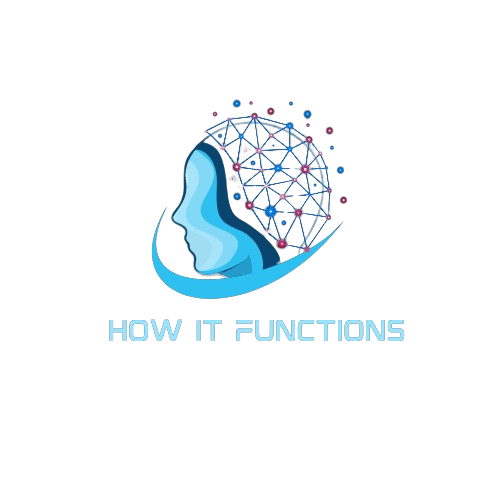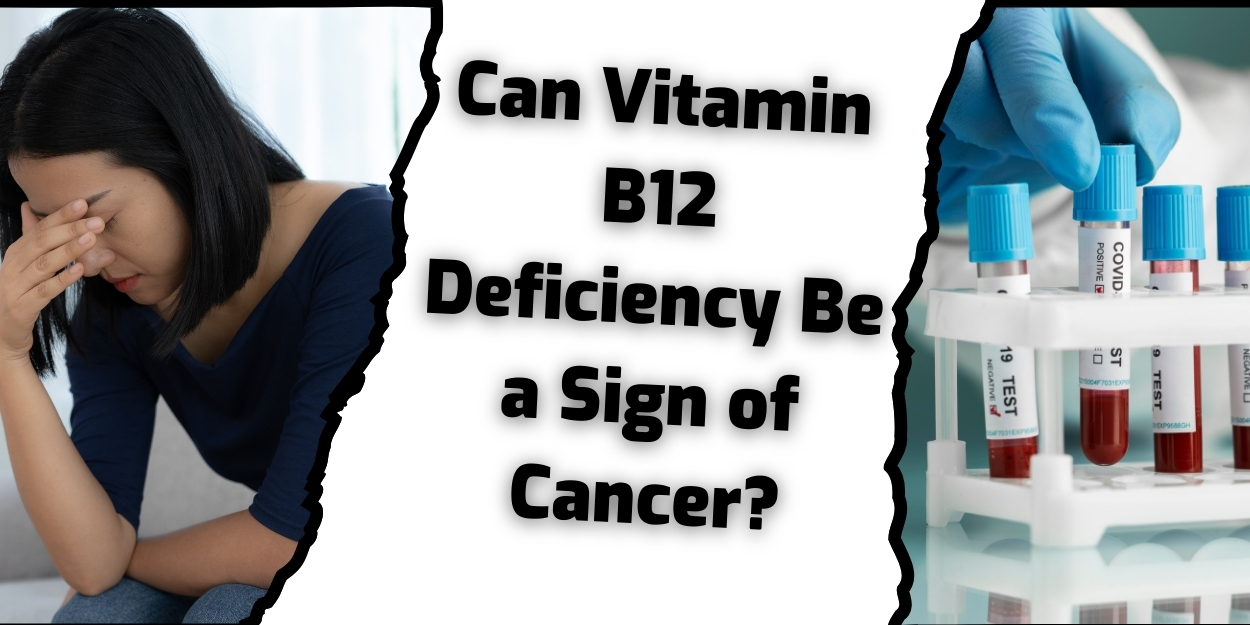Vitamin B12, a vital nutrient found in animal products and fortified foods, plays a crucial role in various bodily functions, including the production of red blood cells, DNA synthesis, and proper neurological function. Many people wonder if a deficiency in this essential vitamin, which can lead to several health issues, is also a sign of cancer. Understanding the connection between Vitamin B12 deficiency and potential underlying conditions is critical, and health coverage options like Aetna insurance can play a key role in facilitating early detection and treatment through comprehensive diagnostic support and preventive care services.
Read Also: The Ultimate Guide to James Martin Yorkshire Pudding
Understanding Vitamin B12 Deficiency
Vitamin B12 deficiency can result from various factors, including inadequate dietary intake, malabsorption issues, and certain medical conditions. Common causes of deficiency include:
- Dietary Deficiency: Strict vegetarians and vegans are at risk, as plant-based diets typically lack sufficient B12 unless fortified foods are consumed.
- Malabsorption Disorders: Conditions like pernicious anemia, celiac disease, and Crohn’s disease can interfere with the body’s ability to absorb B12 effectively.
- Age-related Factors: Older adults often experience decreased absorption due to reduced stomach acid production, which is essential for releasing B12 from food.
Symptoms of vitamin B12 deficiency can vary but often include fatigue, weakness, anemia, cognitive disturbances, and neurological issues such as tingling or numbness in the extremities.
The Link Between Vitamin B12 Deficiency and Cancer
Research has shown that vitamin B12 plays a role in DNA synthesis and repair, which are critical processes in cell division and overall cellular health. When vitamin B12 levels are low, it may impair these processes, leading to cellular abnormalities. Some studies suggest that vitamin B12 deficiency may be associated with an increased risk of certain cancers, including:
- Breast Cancer: Some epidemiological studies have indicated a possible link between low B12 levels and increased breast cancer risk in women. However, the evidence is not yet conclusive.
- Colorectal Cancer: A deficiency in vitamin B12 has been linked to an increased risk of colorectal cancer in some studies, possibly due to its role in DNA methylation and gene regulation.
- Lung Cancer: Some research suggests a correlation between low B12 levels and lung cancer, although more studies are needed to establish a direct relationship.
- Other Cancers: The potential association of B12 deficiency with other malignancies, such as prostate cancer and pancreatic cancer, is also under investigation.
It’s essential to note that while these associations exist, vitamin B12 deficiency is not directly indicative of cancer. The relationship is complex and likely influenced by various factors, including genetics, lifestyle, gut health supplements, and other health conditions that impact nutrient absorption and overall well-being.
Symptoms That May Indicate Both Deficiency and Cancer
Several symptoms of vitamin B12 deficiency can overlap with those experienced in cancer patients. Recognizing these symptoms can be crucial for early detection. Some common signs include:
- Fatigue and Weakness: Persistent fatigue is a common symptom in both conditions. While low B12 levels can lead to anemia and fatigue, cancer-related fatigue may stem from the disease’s systemic effects.
- Unexplained Weight Loss: Sudden weight loss can occur with cancer, but it may also result from malabsorption due to B12 deficiency.
- Neurological Symptoms: Tingling, numbness, and cognitive changes can arise from both vitamin B12 deficiency and cancer. Neurological complications in cancer patients can be due to the disease itself or its treatment.
- Digestive Issues: Nausea, loss of appetite, and changes in bowel habits may occur in both conditions, making it challenging to pinpoint the cause.
- Changes in Mood or Behavior: Both conditions can lead to depression or mood changes, often due to the physical toll they take on the body.
The Importance of Early Detection
Given the potential link between vitamin B12 deficiency and cancer, it is crucial to seek medical advice if you experience symptoms related to either condition. Early detection of both vitamin deficiencies and cancer can significantly impact treatment outcomes. Here are some steps to take:
- Regular Health Check-Ups: Routine blood tests can help monitor your vitamin B12 levels and detect deficiencies before they lead to severe health issues.
- Discuss Symptoms with Your Doctor: If you notice any symptoms associated with vitamin B12 deficiency or cancer, do not hesitate to discuss them with your healthcare provider.
- Maintain a Balanced Diet: Ensure your diet includes adequate sources of vitamin B12, such as meat, fish, dairy products, and fortified foods. For those on a plant-based diet, consider B12 supplements or fortified foods to meet your nutritional needs.
- Be Aware of Risk Factors: Understanding your family history and personal risk factors for both vitamin B12 deficiency and cancer can help guide your healthcare decisions.
FAQs: Can Vitamin B12 Deficiency Be a Sign of Cancer?
1. Can vitamin B12 deficiency indicate cancer?
Although vitamin B12 deficiency does not definitively indicate cancer, certain cancers, particularly those affecting the digestive system like stomach or colorectal cancer, can sometimes be associated with it. These cancers may impair the absorption of vitamin B12 by damaging the stomach lining or intestines.
2. How does cancer cause vitamin B12 deficiency?
Cancer may cause vitamin B12 deficiency in several ways:
- Malabsorption: Tumors in the stomach or intestines can interfere with the production of intrinsic factor, a protein necessary for B12 absorption.
- Dietary changes: Cancer-related appetite loss or restrictive diets may lead to insufficient B12 intake.
- Treatment side effects: Chemotherapy and radiation therapy can damage the gut lining, reducing the ability to absorb B12.
3. Which cancers are commonly linked to vitamin B12 deficiency?
Cancers linked to vitamin B12 deficiency include:
- Stomach cancer (due to atrophic gastritis or reduced intrinsic factor production).
- Colorectal cancer (impairing nutrient absorption).
- Pancreatic cancer (interfering with enzyme production needed for B12 digestion).
4. Is vitamin B12 deficiency always caused by cancer?
Other conditions, such as pernicious anemia, dietary insufficiency (common in vegans), or gastrointestinal disorders like Crohn’s disease or celiac disease, more commonly cause Vitamin B12 deficiency.
5. What are the symptoms of vitamin B12 deficiency?
Symptoms include:
- Fatigue
- Weakness
- Numbness or tingling in hands and feet
- Difficulty concentrating
- Pale or jaundiced skin
- Shortness of breath
These symptoms can overlap with those caused by cancer or its treatments, so further testing is often necessary.
Conclusion
Discover whether vitamin B12 deficiency can be a sign of cancer. Learn the symptoms, risks, and when to seek medical advice for early detection. Vitamin B12 deficiency can cause various health issues and may increase the risk of certain cancers, but it does not definitively indicate cancer on its own. The relationship between vitamin B12 and cancer is complex, requiring further research to understand the underlying mechanisms. Gut health supplements, which support the absorption of nutrients like vitamin B12, may play a role in maintaining overall health. If you suspect a vitamin B12 deficiency or experience symptoms commonly associated with both conditions, consult a healthcare professional for a thorough evaluation and appropriate testing.
Read Also: The Ultimate Guide to James Martin Yorkshire Pudding




